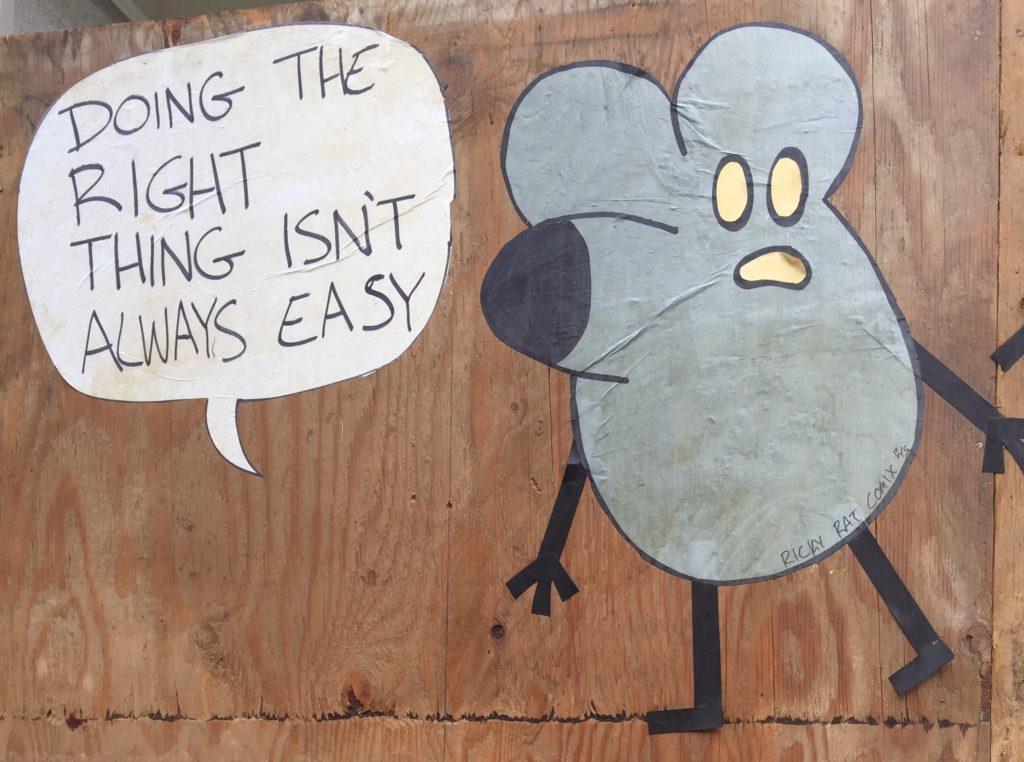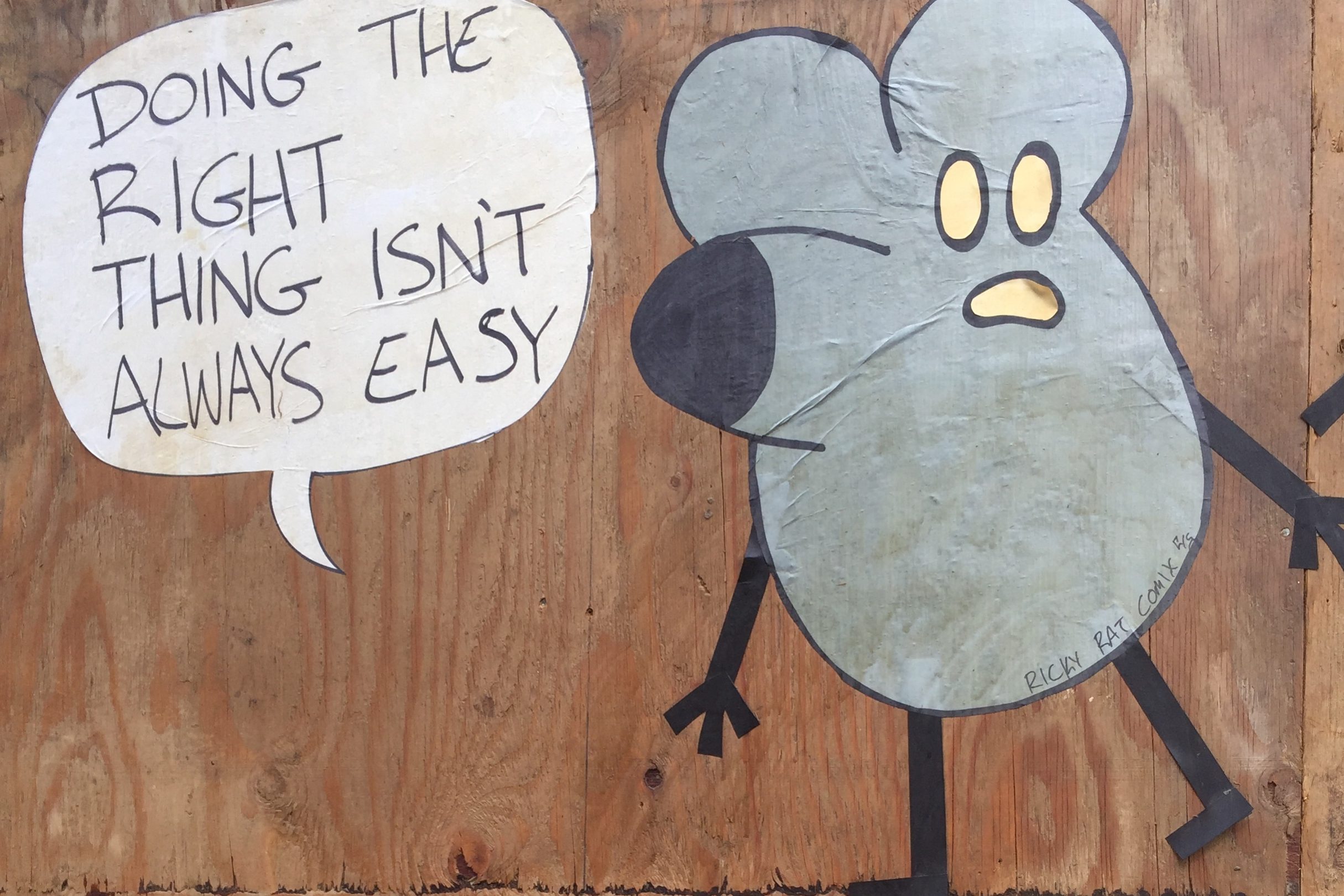How Humanity and Trust Supercharge Nonprofit Fundraising
 Everyone’s been saying this, just about daily, for some time.
Everyone’s been saying this, just about daily, for some time.
“These aren’t ordinary times.”
If the anthem for the Boomer generation was Bob Dylan’s “The TImes They Are A’Changin’,” what’s the anthem for today? History doesn’t repeat itself, but it rhymes. We’re living in the face of a firehose of breaking news, and much of it is difficult to digest. Let alone know how to face, handle and get through it with safety and sanity intact.
We can retreat, live in limbo or figure out a way to navigate through this reality and find opportunities to do our work in new and better ways.
It’s a difficult assignment, because it’s not easy to know where to begin.
As social benefit organizations, we want to come from a human-centered, community-centered place, but… what exactly might that be in this extraordinary time?
What the World Most Needs Right Now.
I think it’s humanity and trust.
Usually we have to guess at what will feel relevant to our supporters. Today, we pretty much know. Because we hear it all the time. On the news. On social media. When we zoom with colleagues. When we talk to our friends.
- People want to know who they can trust.
- People want their fellow humans to act the part.
- People want to consciously engage — with humans they can trust — in a meaningful manner.
Social benefit organizations have a secret advantage.
Survival in the civil sector is based on the philanthropic exchange, and ‘philanthropy’ means ‘love of humanity’. Yet sometimes it seems all we see and hear is hatred of humanity. Us/Them. Left/Right. Red/Blue. Young/Old. Good/Evil. Insiders/Outsiders. I could go on…
There’s a better way. When you infuse your nonprofit work with humanity, you’ll reach trust.
Details

 These are the best of times. These are the worst of times.
These are the best of times. These are the worst of times.